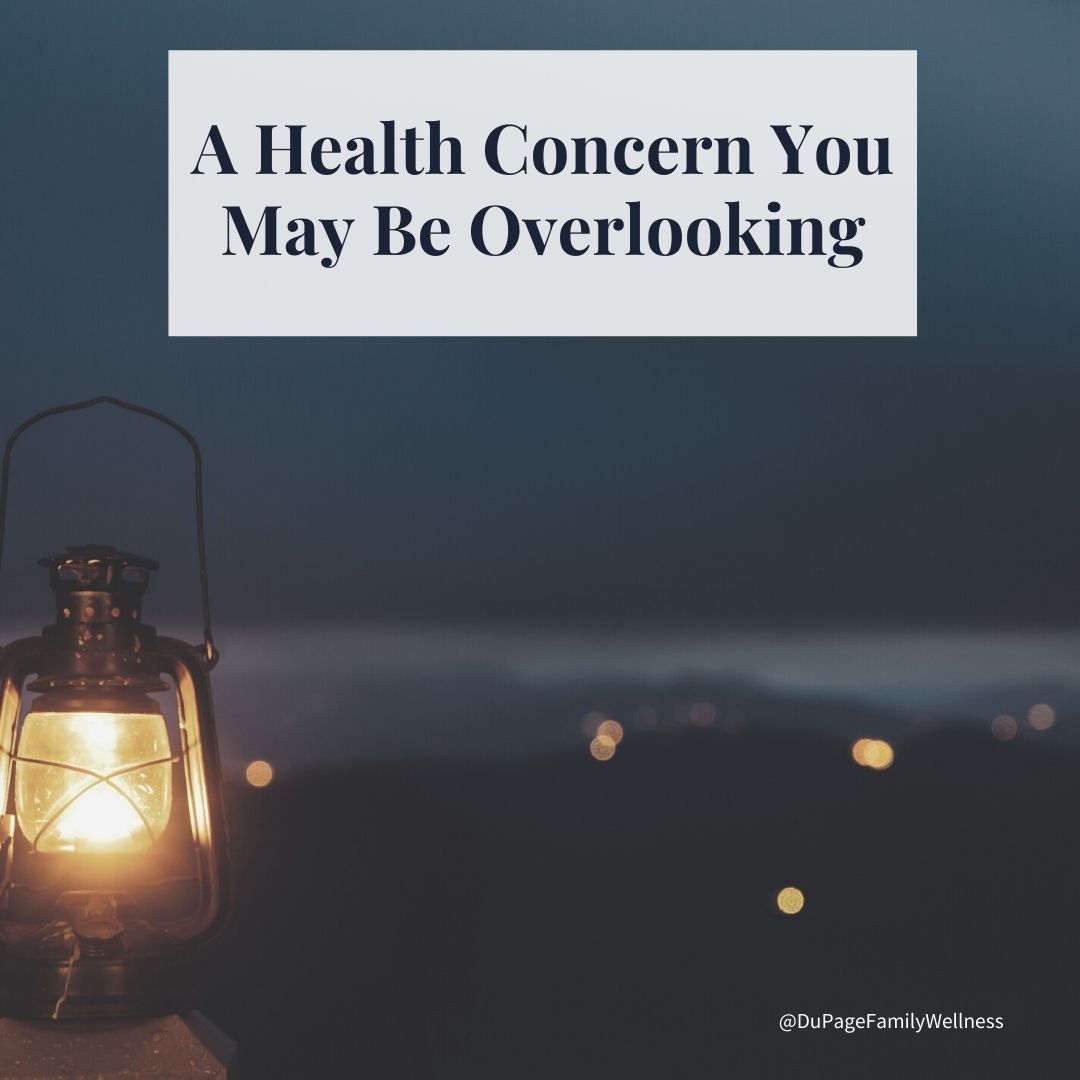 Are you constantly running between work, family, and other responsibilities?
Are you constantly running between work, family, and other responsibilities?
If you are like most people, life can feel pretty overwhelming at times. It hardly seems like there are enough hours in the day to get everything done let alone get a good night’s sleep. But sleep is one of the most fundamental functions we do each day.
Without good sleep you will not only feel terrible, but you will actually begin to damage your body. Your health will be affected in subtle and not so subtle ways.
Let’s explore why sleep is so important and what you can do to get a better nights rest.
Why Is Sleep So Important?
Sleep is essential for basic repair of the body's systems! Each night as we rest, the body is busy repairing tissue and muscles. Rebuilding also includes necessary repairs to the neurological, endocrine, musculature, digestive, and immune systems.
While you are asleep, your body produces melatonin, one of the main hormones that controls your circadian rhythms. Melatonin is known to increase your immune system function which which is crucial to your overall health.
Without adequate sleep, our bodies will not repair properly and our hormones will get out of balance.
How Much Sleep Do You Need?
Most adults need between 7-9 hours of sleep each night depending on their circumstances and genetics. But almost a third of adults get less than 6 hours of sleep per night!
Sleeping for less than 6 hours a day is associated with chronic inflammation, obesity, insulin resistance, diabetes, cardiovascular disease, heart disease, hypertension, as well as psychiatric disorders like depression & anxiety.
The best way to find out how much your body needs to sleep is to do a little experiment. Try going to bed 9-9 ½ hours before you need to wake up in the morning. See how long your body sleeps without any interruptions.
Many of us will be surprised with the amount of sleep our body desires when it gets the chance!
How to Get a Good Night’s Sleep
- Establish a bedtime routine - we all need to wind down in the evening. Creating a simple bedtime ritual can signal your body that it is time to sleep. (This may include a bath, reading, journaling, or spending relaxed time with your family.)
- Limit blue light - computer screens, televisions, and smart phones all have blue light. Try to avoid screens for about 1-2 hours before bed. If you must look at a screen, consider wearing blue light blocking glasses like these.
- Keep a journal by your bed - when we finally settle in for the night, it is easy to remember all the things you forgot during the day or the things you have going on the next day. Keeping a journal and pen close by while falling asleep will allow you to write these thoughts down so you can let them go a little more easily.
- Make sure your room is dark - limiting the number (and brightness) of night lights, getting room darkening shades, and wearing an eye mask are all useful tools to get a good night's rest.
- Keep your room cool - turning your temperature down just a couple degrees can be beneficial because we tend to sleep better at cooler temperatures. Another helpful trick is to take a shower or bath before bed. When you get out of the shower or bath your body temperature will drop just slightly.
- Get sunlight in the morning - bright light (specifically sunlight) will signal your body that it is morning and help reset your circadian rhythm.
Without proper sleep you will likely notice a difference in your energy, mood, and ability to function. Eventually you may also start to notice the negative effects that lack of sleep is having on your body.
So try going to bed 30 minutes early tonight! Just tell your yourself (and your family) that it's the "doctor's orders".
Dr. Jamie
